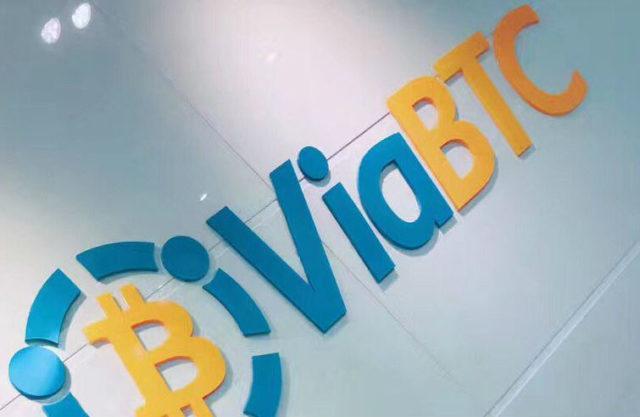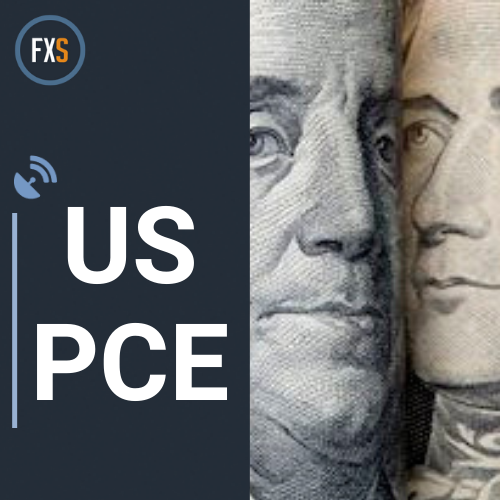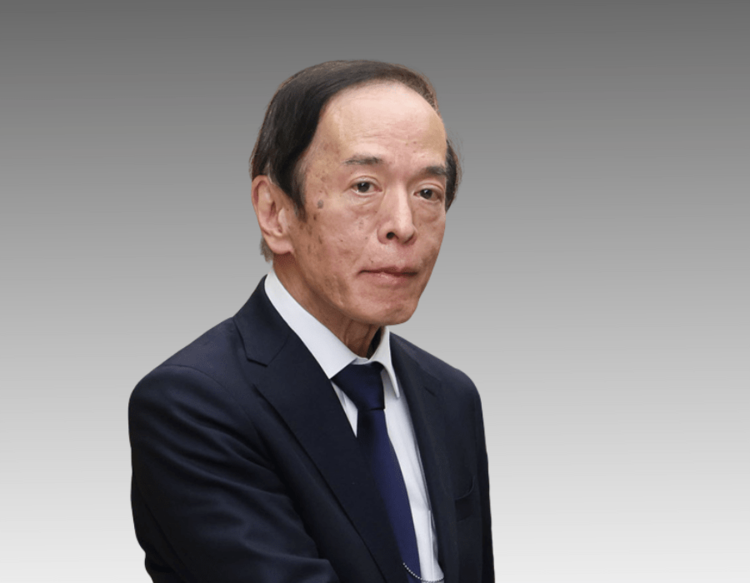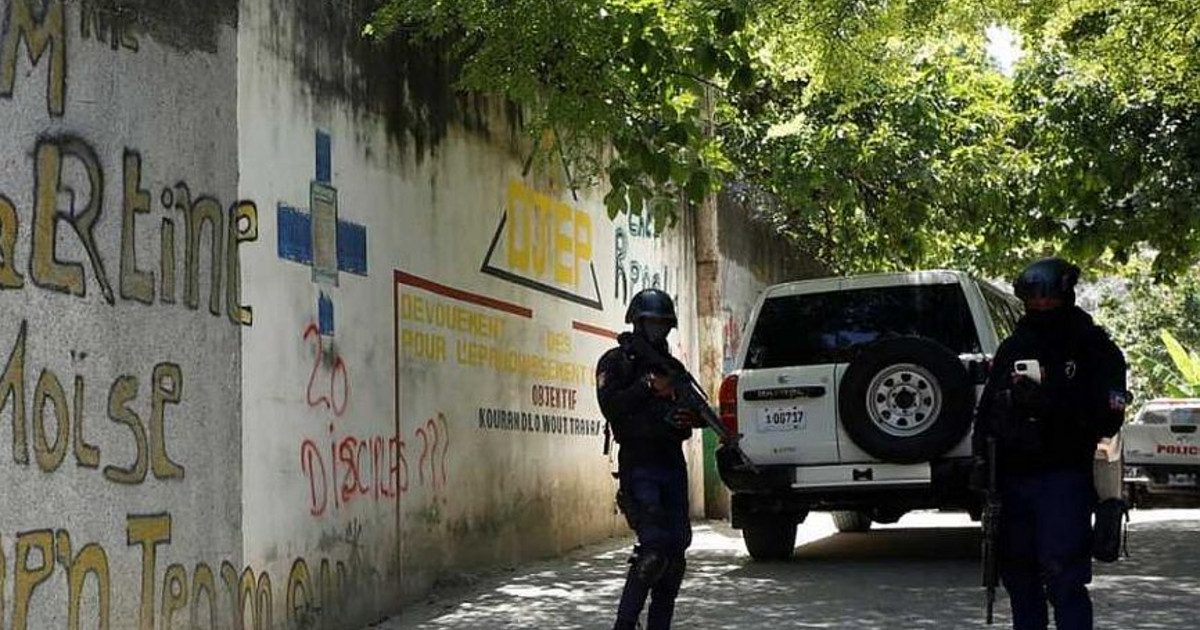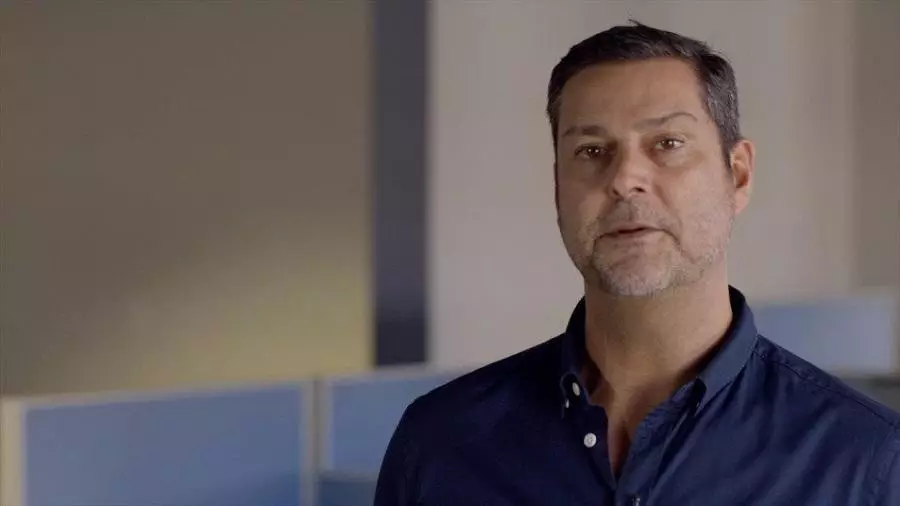Starts this Sunday (22) the World Economic Forum in the city of Davos, in the Switzerland . The event, which ends on May 26, brings together country leaders, ministers, central bankers and representatives of the private sector, who discuss the current situation of the global economy and how to deal with its challenges.
This year, speeches by the President of Ukraine have already been confirmed, Volodymyr Zelensky the President of Colombia, Ivan Duque, the Prime Minister of Spain, Pedro Sánchez, the Chancellor of Germany, Olaf Scholz and the President of the European Central Bank (ECB), Christine Lagarde.
Brazil will be represented at the event by the Minister of Economy, Paulo Guedes by the Minister of Health, Marcelo Queiroga, and by the president of the National Bank for Social and Economic Development (BNDES), Gustavo Montezano .
Specialists consulted by CNN Brasil Business say that the topics discussed should give clues about the next steps of the main economies in the world, and it is a good opportunity to talk and attract investors. In the case of Brazil, it will be important to pay attention to the environmental agenda.
History of Davos
The World Economic Forum is actually a non-profit foundation founded in 1971 by German economist Klaus Schwab, based in Switzerland. Currently, it has the 1,000 largest companies in the world among its members.
The organization’s aim is to “engage top political, business, cultural and other leaders in society to shape global, regional and industry agendas,” according to its website.
Since 1988, it has held annual meetings, usually at the beginning of the year, in the city of Davos , known for hosting ski resorts. The place ended up being strongly associated with the event, which is traditionally just called Davos or the Davos Forum.
The main theme that guides the debates at the meeting changes every year. Subjects such as the Fourth Industrial Revolution, globalization and sustainability have already been discussed.
In 2022, Davos resumes face-to-face meetings after having to cancel the event in 2021 due to pandemic . This year’s event itself was even postponed from January to May, while Europe still faced the Omicron variant .
And the economic recovery of countries after the effects of Covid-19 will be one of the main topics of discussion at the event, along with the effects of war in ukraine and the already traditional discussions about sustainability, zero pollutant emissions and the realization of an energy transition.
The theme chosen is “History at a turning point: government policies and business strategies”, and it is expected that around 2,500 people will attend.
Paulo Feldmann, a professor at FEA-USP, believes that the most important element of Davos is to enable the discussion about the economic situation of the countries. For him, even with the war and the pandemic, the environmental issue must remain at the center of discussions, a trend of recent meetings.
For Joelson Sampaio, economist and professor at FGV-EESP, Davos has a practical and a symbolic side, which still predominates, and serves as a place for proposing agendas, indicating the intentions of countries and companies for the coming years.
Vinicius Vieira, a professor at Faap, believes that Davos usually has a more symbolic than practical character. According to him, the meeting serves as an opportunity for country leaders to meet with investors and learn about trends in international markets.
He considers, however, that Davos does not usually dictate new trends in the global economy, but rather discusses and highlights those that already exist and are usually initially discussed at other meetings, such as those of the G7 and G20 .
The event can also, sporadically, have a more practical tone, giving rise to resolutions, such as those involving cybersecurity and private sector action on the climate issue, but “much more depending on what has already been decided before”.
What to expect in 2022?
Sampaio, from FGV, says that the issue of the economic recovery of countries due to the pandemic should be a relevant subject, discussing ideas on how to resume economic growth, but not the focus.
“With the general departure of countries from the most critical phases of the pandemic, the unfolding of the war must dominate”, he says.
He bets on discussions on ways to minimize the economic impacts of the conflict, such as, for example, the sanctions applied against the Russia and also more debates on the so-called green agenda, encompassing the issue of investments in sustainability.
Feldmann recalls that the war in Ukraine affected the prices and supply of natural gas to the Europe , forcing many countries to reverse some positions and even use more polluting coal. In this sense, the event can give clues to how countries intend to deal with the consequences of the conflict while trying to balance the importance of combating climate changes .
Vinicius Vieira says that it will be interesting to see how optimistic countries, entrepreneurs and investors will be regarding the post-pandemic recovery, and whether they will signal the restructuring of global production chains after the failures seen between 2020 and 2021.
It is necessary to see if there will be any signs of regionalization of chains. It would be a way to reduce the dependence between West and East, which sustained globalization in the last years before Covid-19. There may be signs that countries want something along these lines
Vinicius Vieira, professor at Faap
Another point that may involve some signage in Davos is the fight against global hunger with risks of shortages in many countries due to the war in Ukraine.
“Davos has always been criticized for being a world apart, outside the real world, but this real world also gets in the way of the business world. Something could come of it, a collaboration with the G7, UN, World Bank, it could be the great novelty, and an opportunity to show that it has changed its vision”, he evaluates.
Brazil in Davos
For Vieira, the absence of the president Jair Bolsonaro in the Brazilian delegation should not weaken the country’s position in the discussions at Davos.
He believes that by sending his ministers, the president can “dodge criticism”, especially on environmental issues.
“But Guedes already had badly calibrated lines from a diplomatic point of view. Everything associated with the government generates a negative image for Brazil in the international scenario, even affecting the ability to attract investment, which is not bad, but could be better”, he emphasizes.
He states that the Brazilian effort to attract investors foreigners may have some headway in Davos, but could find more substantial sources outside the West, such as China and India.
“Davos’ own effectiveness is questioned from this point of view, but if you want to get closer to investors in the United States and Europe, this is the way to go”, he says.
In Feldmann’s view, the centrality of the environmental discussion in the event tends to affect the Brazilian image due to the growth of the deforestation in the amazon . He believes that the Minister of Economy will need to explain himself about the situation.
He also doesn’t believe that Bolsonaro’s absence will harm the entourage, and sees only the ministers going as a strategic action, which could end up being better for Brazilian efforts.
For Sampaio, the mainly economic agenda of the event should allow Brazil to be well represented by the delegation, and even lead a positive agenda in Davos.
“There will be an environmental and social agenda, which will be important for Brazil. Many state representatives are eager to have clarity on the Brazilian goals and agenda. Davos is the opportunity to show that.”
Source: CNN Brasil
I am Sophia william, author of World Stock Market. I have a degree in journalism from the University of Missouri and I have worked as a reporter for several news websites. I have a passion for writing and informing people about the latest news and events happening in the world. I strive to be accurate and unbiased in my reporting, and I hope to provide readers with valuable information that they can use to make informed decisions.

